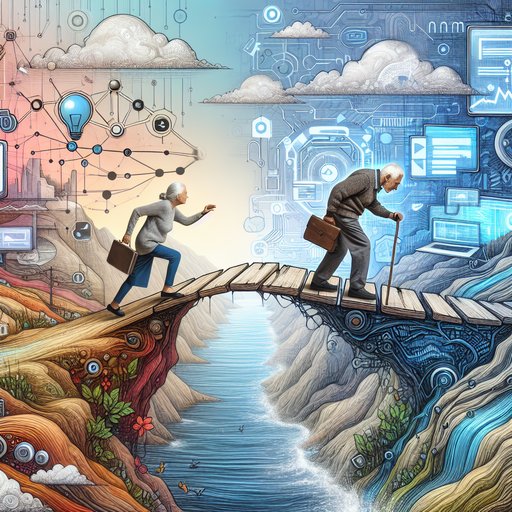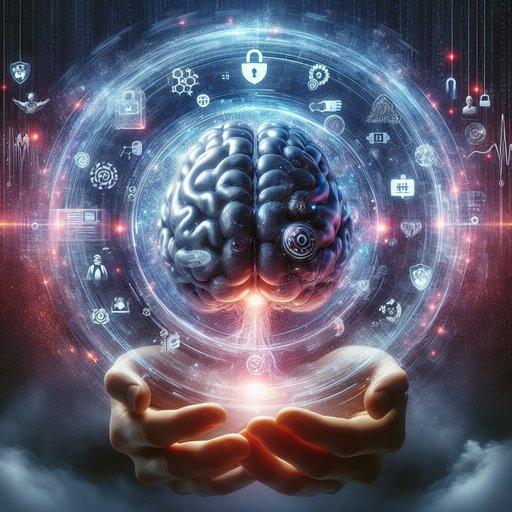- Details
- Written by: Valenenzia Gruelle

The recent layoffs at Tata Consultancy Services (TCS), one of India's tech giants, have sent ripples through the $283 billion outsourcing industry, signaling a massive AI-driven restructuring. While the efficiency gains promised by AI are undeniable, the social and economic impact of such rapid technological adoption raises pressing questions about equity and workforce dignity. The TCS case offers a crucial lens through which to examine the broader implications of automation on work across demographics.
- Details
- Written by: Valenenzia Gruelle

The recent plunge of Gartner's stock by 49% has sent ripples through the tech industry, but beneath the financial tumult lies a more profound narrative about the widening digital divide, particularly for older generations. As companies like Gartner navigate the complexities of AI governance, personalization, and data protection, they inadvertently expose the chasm between tech-savvy users and those left behind—often the elderly. The challenge now is not only to stabilize a faltering stock but to bridge the generational gaps that this digital age exacerbates.
- Details
- Written by: Bob Fratenni

In a landmark decision, the World Court has ruled that countries can be held liable for climate change damage, a verdict that sends tremors through the corridors of power from Washington to Islamabad. This ruling comes as a clarion call to nations that have long commodified nature at the expense of future generations, compelling them to reckon with their environmental debts. As the United States, one of the largest historical emitters of greenhouse gases, faces potential legal repercussions, the ruling offers a profound opportunity to reshape how nations interact with the planet's ecosystems.
- Details
- Written by: Alex Dupcheck

In a landmark move reflecting the rapid advancement of technology, several states have enacted privacy laws aimed at protecting brain data collected by devices. This development underscores the growing necessity for innovative solutions to manage the ethical implications of technological progress. However, while these laws represent a significant step in safeguarding individual privacy, they also highlight the critical role of governments in fostering innovation in a manner that balances progress with protection. With the potential to revolutionize industries, from healthcare to education, the responsible management and equitable access to brain-computer interface technology must be prioritized to ensure that its benefits are distributed broadly and ethically.


























































